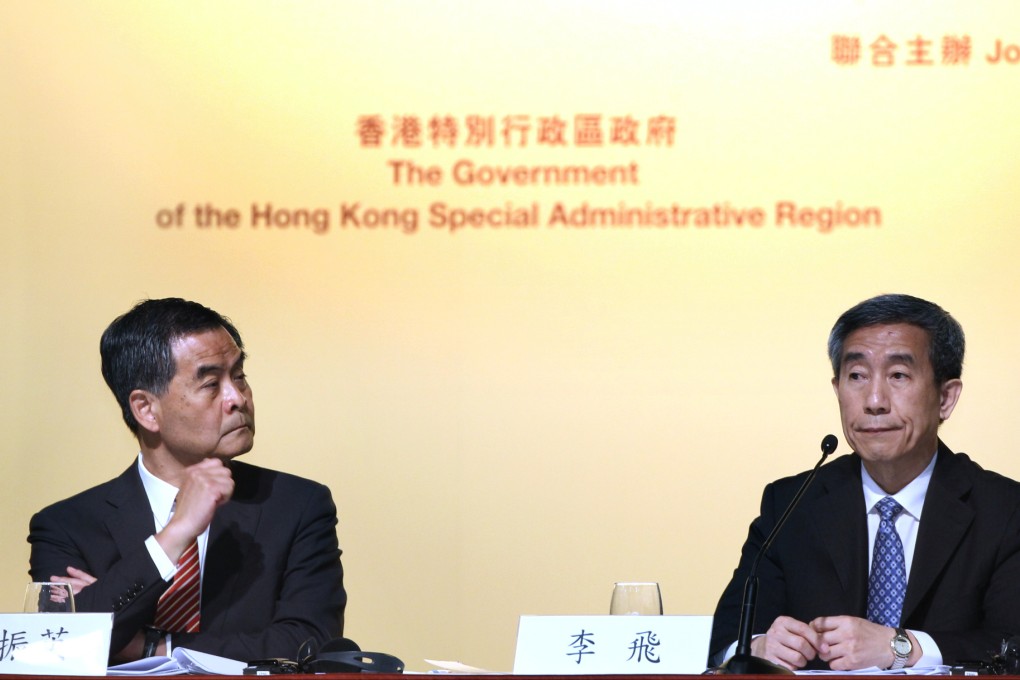Opinion | Beijing's ruling will be final word on Hong Kong's 'ultimate aim' of universal suffrage
Frank Ching says a careful reading of the Basic Law shows that the NPC decision in fact signals the end of our democratic process

For well over a decade, Hong Kong society has been torn by the lure of democracy or, as the Basic Law puts it, universal suffrage. The August 31 decision by the National People's Congress Standing Committee is likely to indefinitely prolong dissension within the community.
Many people are saying that we should "pocket" the decision first so that at least everyone will have the right to vote. After that, Hong Kong can always ask for more.
But there is a flaw in that argument. Article 45 of the Basic Law says: "The ultimate aim is the selection of the Chief Executive by universal suffrage upon nomination by a broadly representative nominating committee in accordance with democratic procedures."
That aim, we are told, is to be achieved gradually. Thus, the first chief executive was chosen by a selection committee of 400 members and the second by an Election Committee of 800 members. This later grew to 1,200 members.
When democrats in Hong Kong started to clamour for universal suffrage in 2007, Beijing put its foot down. It was far too early.
The NPC Standing Committee then laid down a five-step process under which Hong Kong had to ask for permission before taking any action to implement universal suffrage.
Donald Tsang Yam-kuen, the then chief executive, asked the Standing Committee whether the 2012 election could be held by universal suffrage. Beijing said no to 2012 but then added that the election of the chief executive in 2017 "may be implemented by the method of universal suffrage". That is to say, the "ultimate aim" could be achieved then.
